听歌学大众传播史,我制作的一个playlist
网课带来很多新的问题和新的元素。每次课程开始之前,学生陆续进入Zoom房间的那几分钟,想播放一些音乐调节气氛。先是尝试播放了YouTube上24小时直播的咖啡馆音乐频道,后来觉得,为何不选一些和课程内容相关的音乐呢?
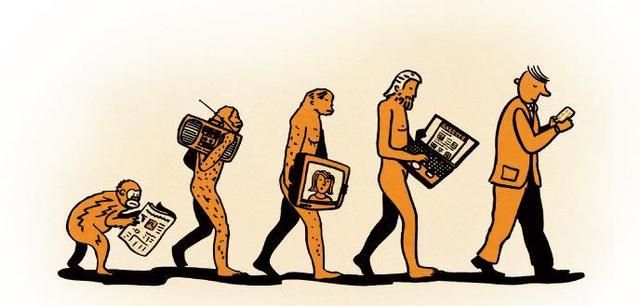
于是,从第4周开始,我每次都在“大众传播史(Development of Mass Communication)”课前播放了一首歌。这些歌分别是——
“Communication” by The Cardigans
寻找和communication相关的歌,我首先想起来的是这首羊毛衫乐队的《Communication》。当然,这首情歌说的是人际传播,不是大众传播。不过,歌词里说的各种关于connect和disconnect的纠结、关于沟通的尝试与误解的无奈,也是当下传播环境的写照了。
“I’ve seen you / I know you/ but I don't know how to connect / So I disconnect”
林忆莲有一首国语翻唱《词不达意》,也很不错。
“沙龙” by 陈奕迅
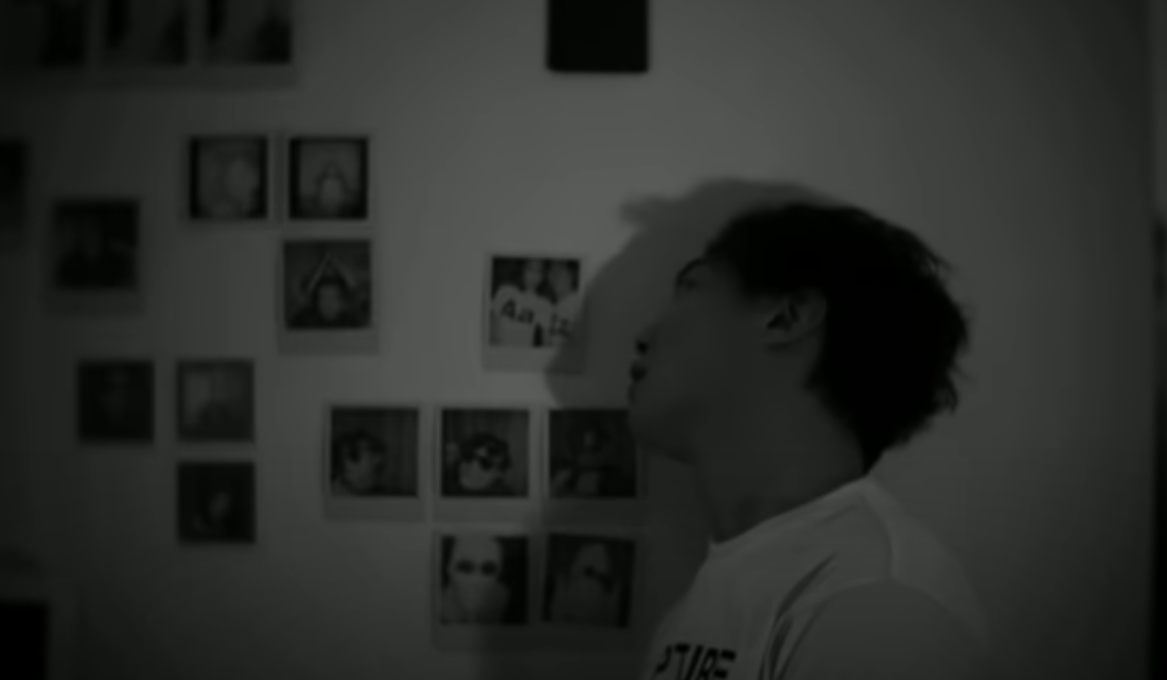
一首和摄影有关的歌,在关于摄影技术的那一周播放。
“留住温度/速度/温柔和愤怒”——和文字相比,摄影的最大特征是更能激发共情,也真的能将感情留在影像中吧。
“升职那刻/新婚那朝/成为父母的一秒/要拍照的事/可不少”——尤其是在有了社交媒体之后,很多事情必须拍照且发到社交媒体才算圆满完成了。
“(I Can't Get No) Satisfaction” by The Rolling Stones
这一周的内容是广告行业的发展,播放的是滚石乐队的这首关于消费主义的作品。
“When I'm watchin' my TV and a man comes on and tells me / How white my shirts can be / But, he can't be a man 'cause he doesn't smoke / The same cigarettes as me”
早期的广告曾经详细介绍产品的各种特性,试图以理性说服人。后来人们发现,这样的效果远不如在广告中塑造一种感觉——如同这几句歌词所总结的,只要你用了我们的产品,你就可以和广告里的人一样光鲜、充满魅力。所以,广告的重点从文字转向了视觉。
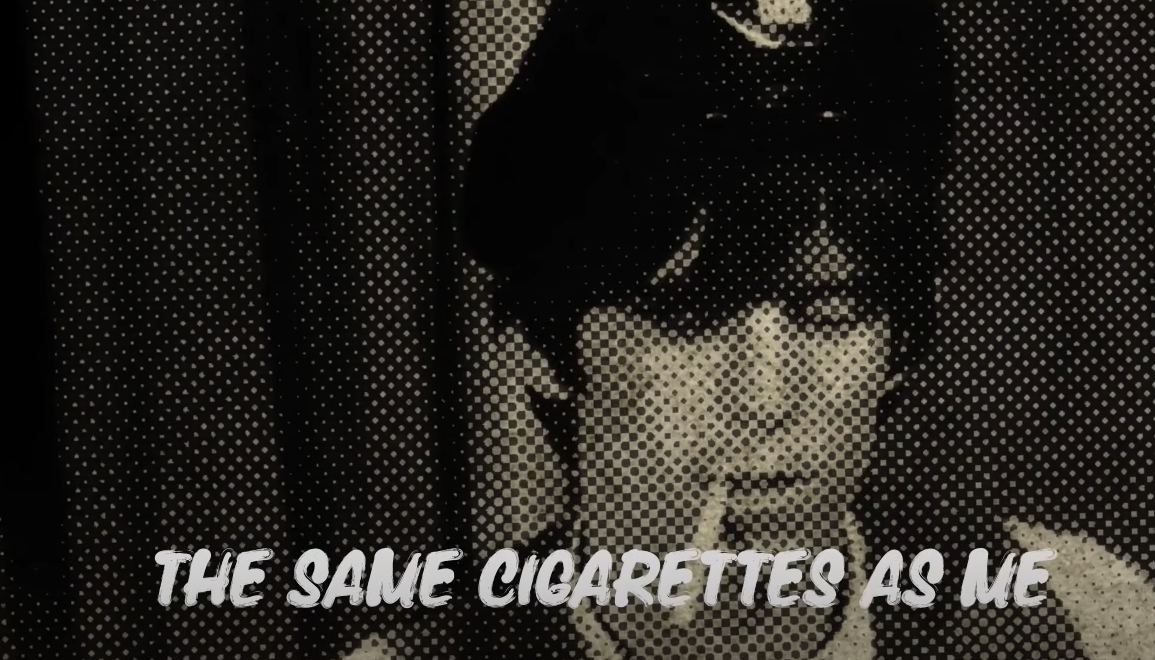
“The Spirit of Radio” by Rush
加拿大乐队Rush的代表作,歌名来自多伦多广播电台CFNY-FM的口号。
“Invisible airwaves / Crackle with life / Bright antennae bristle / With the energy / Emotional feedback / On a timeless wavelength / Bearing a gift beyond price / Almost free”
广播的精神是开放的,是公共的,是免费的——无论你是谁,只要有一台收音机,就可以在空气中接收到信号。
然而,歌曲的结尾也给玫瑰色的想象泼了一盆冷水:“For the words of the profits / Were written on the studio wall / Concert hall / And echoes with the sound of salesmen / Of salesmen, of salesmen”。在商业逻辑主宰的世界里,广播、音乐终究是要用来售卖的,是要追逐利润的。
“TV Is The Thing (This Year)” by Dinah Washington
美国爵士蓝调女王Dinah Washington的一首老歌,发表于1953年,电视在美国开始普及的年份。
“Radio was great / now it's out of date / TV is the thing this year”。
歌里的人物一共换了11个频道。几十年后,要把电视上的频道全部过一遍,需要一首很长很长的歌。
“www.nevergetoveryou” by Prozzäk (aka. Simon and Milo)
发表于2000年的一首歌,充满了那个年代的互联网想象,带有一种新事物刚刚勃发时的生机和希望。
“I stayed up all night / Construction website”——这也是我最初的互联网回忆,用html语言建自己的网站,兴奋得半夜不睡觉。
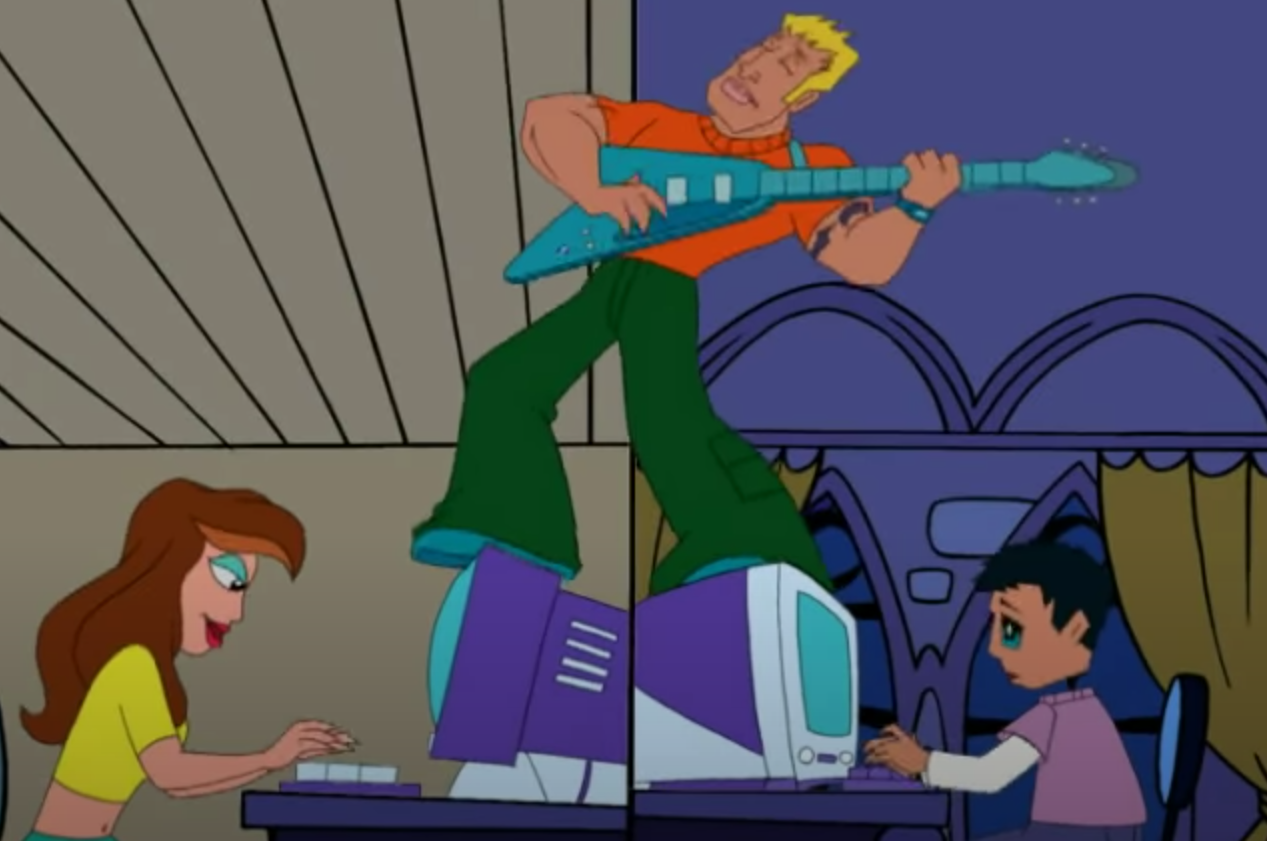
“Hello, this is Stacy, the computer / Good morning, Simon / I trust you slept well / Will you be searching for true love today?”——那个年代的网恋,更多是基于文字,即便有图片,分辨率也很低,和现在基于Tinder和谈谈的约会,完全不是一个概念。
关于网恋的歌,王菲还有一首《光之翼》,也是差不多时间发表的(2001年)。
“Everyday Robots” by Damon Albarn
“We are everyday robots on our phones”——这首歌的第一句,就非常适合描绘被智能手机和社交媒体控制的我们。
究竟是我们在使用机器人,还是我们变成了每天生产数据的机器人?这是科技发展带来的奇怪现状。
Damon Albarn还曾在日本科学未来馆(Miraikan)里面对着两个机器人演唱这首歌,这里有视频:https://www.youtube.com/watch?v=ktw1vTHYrFw
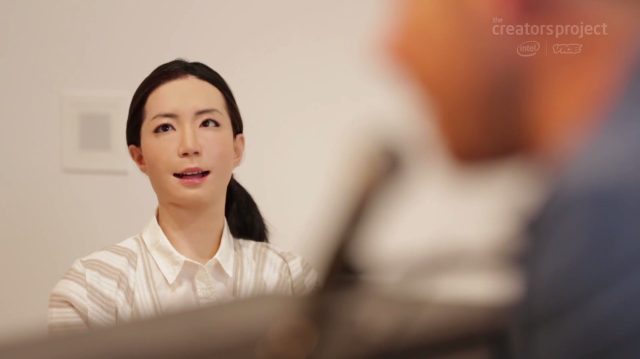
“Every Breath You Take” by The Police
“Every move you make / every step you take / I'll be watchin' you”——这首歌不能不让人联想到我们所生活的监控资本主义(surveillance capitalism)时代。看着我们的不光是老大哥,还有各大科技巨头手中的平台,因为我们的一举一动、说的每一句话、做的每一次搜索、点的每一次外卖,都变成了数据被它们收集,以便它们更好地了解我们,然后将我们卖给合适的广告商。
虽然很适合用在我们讨论大数据和隐私的这一周,但这并不是一首新歌——它是英国摇滚组合“警察乐队”在1983年发布的,是当年《滚石乐队》选出的年度歌曲。2019年的时候,它被认证为历史上通过广播播出次数最多的歌曲——被播放了1500万次之多。
Blue Jeans and Bloody Tears by Artificial Intelligence
最后一周的内容是人工智能,那么就来听一首由人工智能创作的歌吧!
当然,人工智能不可能凭空创作,它需要学习人类的歌曲。一群程序员和音乐家将几百首在欧洲歌唱大赛(Eurovision)上获奖的歌曲输入了系统。机器学习了这些歌之后,模仿输出了很多旋律和歌词,最终再由人来挑选、连接称一首正式的作品。
这首歌的创作过程和最终呈现其实都体现了现阶段人工智能技术的进展和瓶颈:机器可以快速处理大规模数据,但机器只能模仿,并且只能做人类指定的少数工作,离真正具备和人类似的只能还有很长的距离。
我将这些歌做成了歌单——Spotify点这里,网易云音乐点这里(缺最后一首歌)
你有关于历史上不同媒介的歌曲推荐吗?欢迎分享!
Like my work? Don't forget to support and clap, let me know that you are with me on the road of creation. Keep this enthusiasm together!